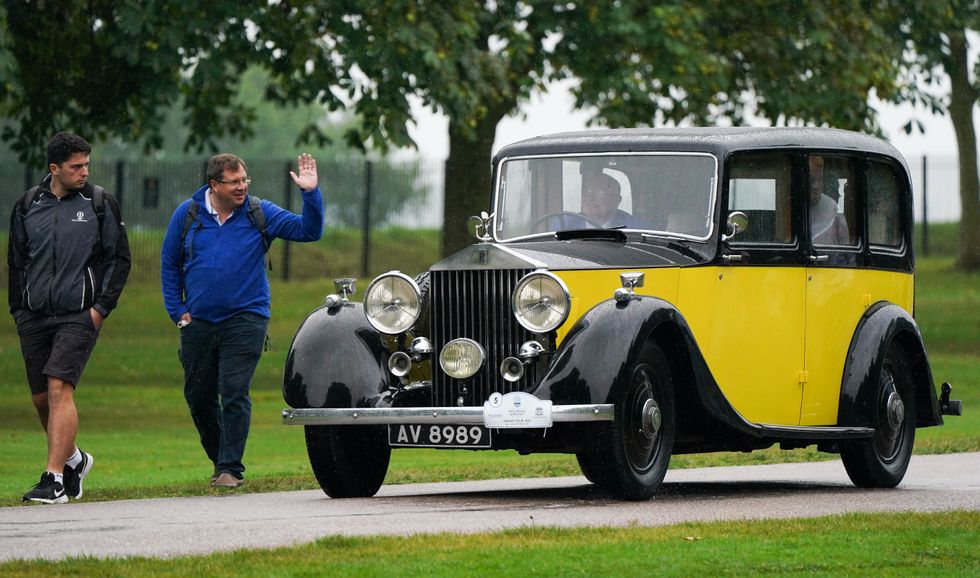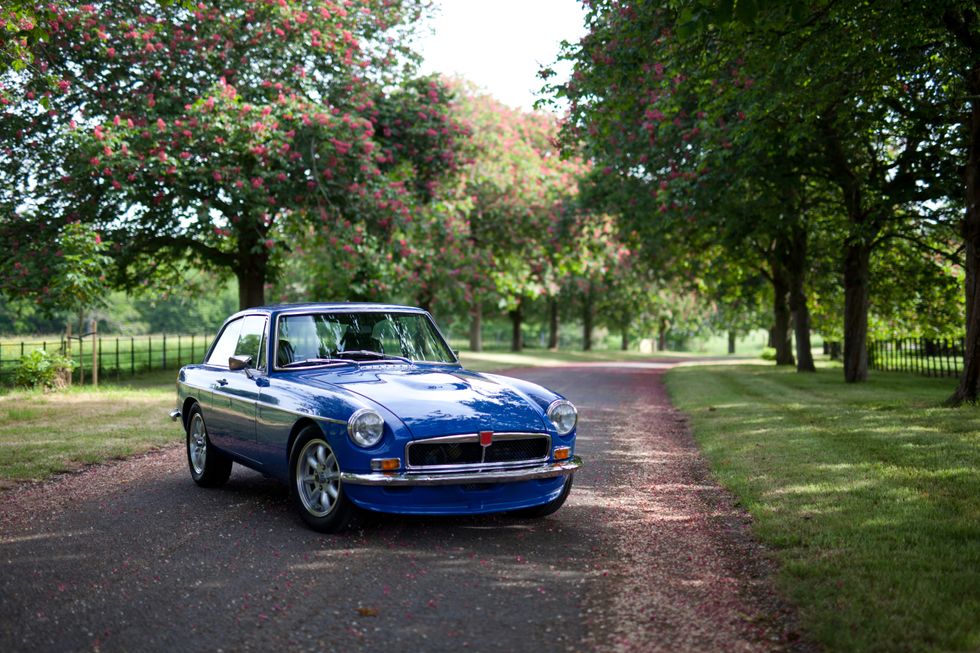Department for Transport opened a call for evidence on May 9
PA/GETTY
Call for Evidence will run until July 4
Don't Miss
Most Read
Trending on GB News
Experts have called for more clarity around the classic car vehicle registration requirements as many drivers still feel "powerless" around what they can and cannot do under DVLA rules.
In May, the Department for Transport opened a call for evidence to hear the opinions of the classic car community on the best ways to protect heritage vehicles and make them fit for the modern age.
One of the biggest issues raised was how to improve vehicle records to ensure cars that have been rebuilt are safe to be on the road.
The consultation also questions whether new registration numbers should be launched specifically for use for historic and classic vehicles, including "Q plates".
Do you have a story you'd like to share? Get in touch by emailingmotoring@gbnews.uk

Q-plates are issued by the DVLA to cars whose age or identity is in doubt
PAQ-plates are issued by the DVLA to cars whose age or identity is in doubt, with any previous vehicle registration that may have been associated with the car invalid once Q-plates are issued.
The registration plates come with their own specific set of rules and regulations to ensure they can be driven safely on UK roads.
It can be a lot more difficult to get insurance for vehicles with Q-plates than it is for normally registered vehicles.
Insurance providers struggle to accurately assess the risk posed by a vehicle whose history may be unknown for various reasons.
The Historic and Classic Vehicles Alliance has been working with the DVLA to come up with a solution.
It warned that unless something is done, many classic car owners are finding themselves powerless against “unilateral decisions,” Classic & Sports Car reported.
The alliance stated: “Our belief is that most modifications and repairs form part of a historic vehicles identity rather than replacing it and we are encouraging DVLA to recognise this going forward.
“The DVLA recognise that this situation needs addressing and the process requires a call for evidence to assess the scope for potential change.”
The call for evidence is running until July 4, the same date as the General Election with drivers encouraged to participate.
Since the 1980s, policies on how classic cars are registered after being restored and upgraded have largely remained the same, and do not account for improving historic vehicles with modern technology.
Transport Secretary, Mark Harper, detailed: “The way we restore and protect classic cars has not kept up with the times and evolving technologies.
“We are calling for industry and enthusiasts to have their say on how to best protect these British classics for decades to come.”
LATEST DEVELOPMENTS:

Policies on how classic cars are registered after being restored have remained the same since 1980s
GETTYJulie Lennard, CEO at the DVLA added that as evolving technologies continue to improve the way classic, historic and rebuilt vehicles can be modified and restored, “we want to ensure that we keep the policies and registration processes for these vehicles up to date”.
Lennard explained that the agency encourages enthusiasts and those individuals and organisations with a keen interest and expertise to share their views with them.








